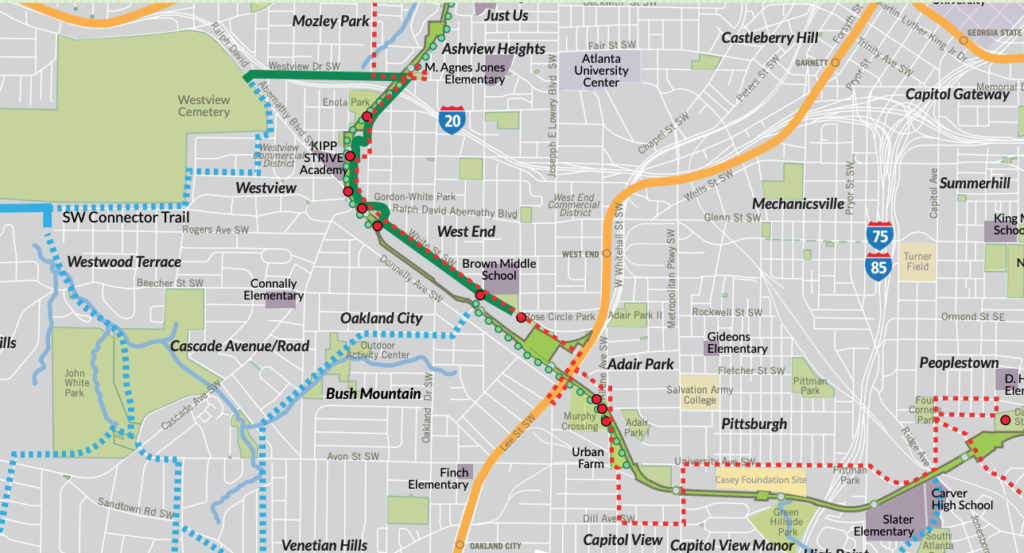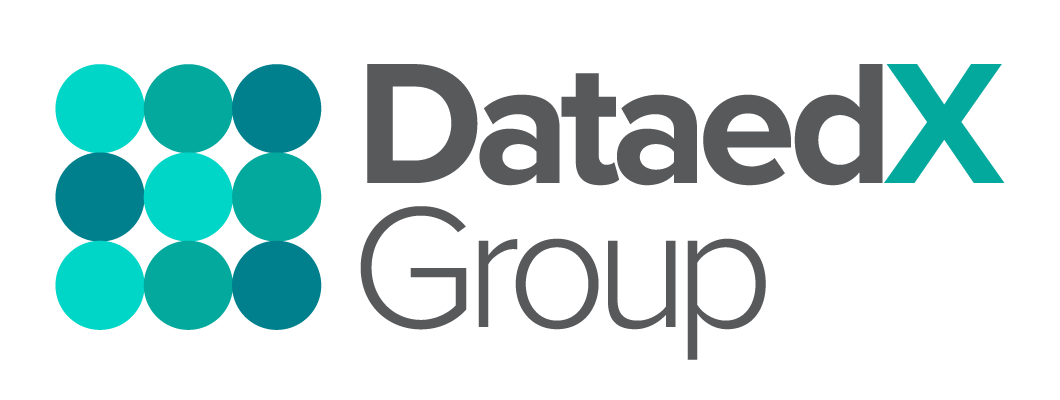The AIAI Network believes that an equitable, ethical, and justice-oriented approach to AI is possible when humanistic ways of thinking come together with technical knowledge and community expertise. It’s a collaboration initiative with founding member organizations Emory University, Clark Atlanta University, Georgia Institute of Technology and DataedX Group. We aim to bring the city of Atlanta, with its historical place in the civil rights movement, to current conversations about the biases embedded in our AI systems.

Public Interest AI
Our Public Interest AI project examines and critiques the interlocking historical, social, political, and technical aspects of the city’s data quality management in relation to the Atlanta Beltline Project. The Atlanta Beltline is a “network public parks, multi-use trails, transit, and affordable housing along a historic 22-mile railroad corridor”. We will evaluate output requirements used in decision-making and policy creation to contextualize these aspects across race and gender demographics, especially in the southwest region of the city. Community-based workshops will interweave history and culture in order to reveal the people behind the datapoints. Policymakers, local organizations, Atlanta’s Beltline personnel, and metro Atlanta educators and administrators, are encouraged to help us co-create these data/AI literacy workshops, inform public interest research directions and shape an inclusive data/AI future for the city of Atlanta.






